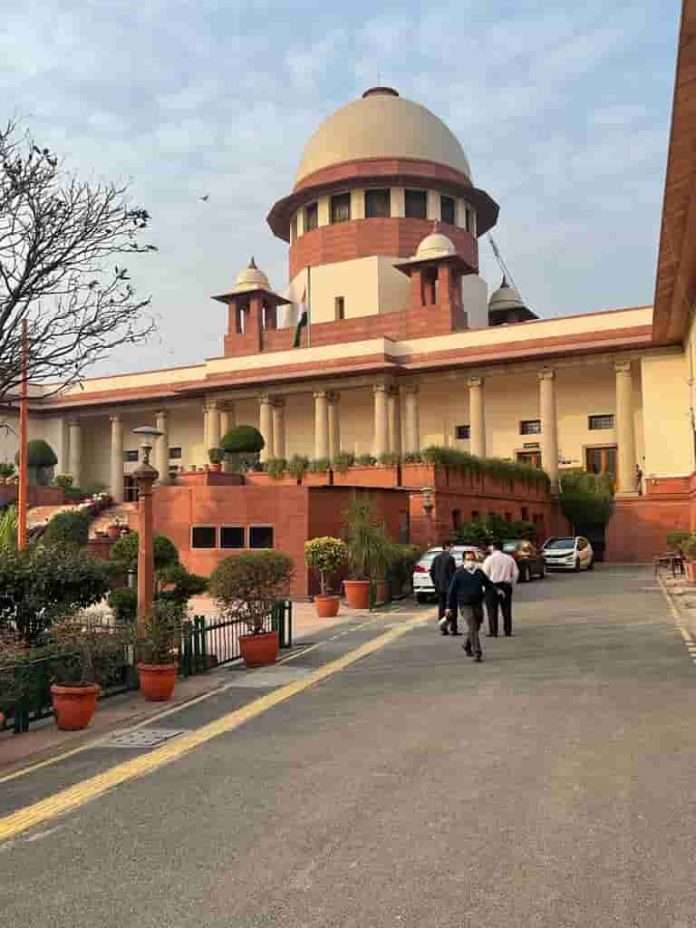The Supreme Court on Thursday adjourned to December 6, the interim medical bail petition of women rights activist and academic Prof Shoma Sen, who was arrested for her alleged involvement in the Bhima Koregaon violence case.
Earlier on July 17, the Bench of Justice Aniruddha Bode and Justice Sanjay Kumar directed Sen to file an additional affidavit on her deteriorating health within two weeks.
Sen was charged under the Unlawful Activities (Prevention) Act, along with 14 other activists and academics. She has remained behind bars since June 6, 2018, lodged at the Byculla jail in Mumbai.
Earlier in January this year, the Bombay High Court refused to entertain the plea challenging the order passed by the Additional Sessions Judge of Pune rejecting her bail application and asked her to approach a special court under the National Investigation Agency (NIA) Act, 2008 for bail.
This was done by the court keeping in mind that the investigation was transferred to the NIA in the case.
The petition by Sen before the Supreme Court highlighted a substantial question of law for determination whether the High Court was correct in its refusal to examine the trial court’s order on the ground that during the pendency of Sen’s application before the High Court, the investigation was transferred to the NIA.
On May 4, the Bench of Justice Aniruddha Bose and Justice Sudhanshu Dhulia had issued notices to the NIA and the Maharashtra government in the bail plea of Shoma Sen.
The NIA was represented by Additional Solicitor General (ASG) S.V. Raju, who submitted that the High Court has directed the matter to be heard again by the trial court and contended that the trial court will finish hearing the matter soon.
Appearing for Sen, Senior Advocate Anand Grover argued that the bail plea seeks to challenge the High Court order. He averred that with the delay of one year in hearing matters, bail applications have been pending in the High Court for three years. He urged the Bench to allow him to argue the matter.
Grover sought to file an additional affidavit highlighting Sen’s deteriorating health. The Bench allowed Grover to file the additional affidavit within a period of two weeks. It also directed the respondents to file the reply affidavit within the same period.


